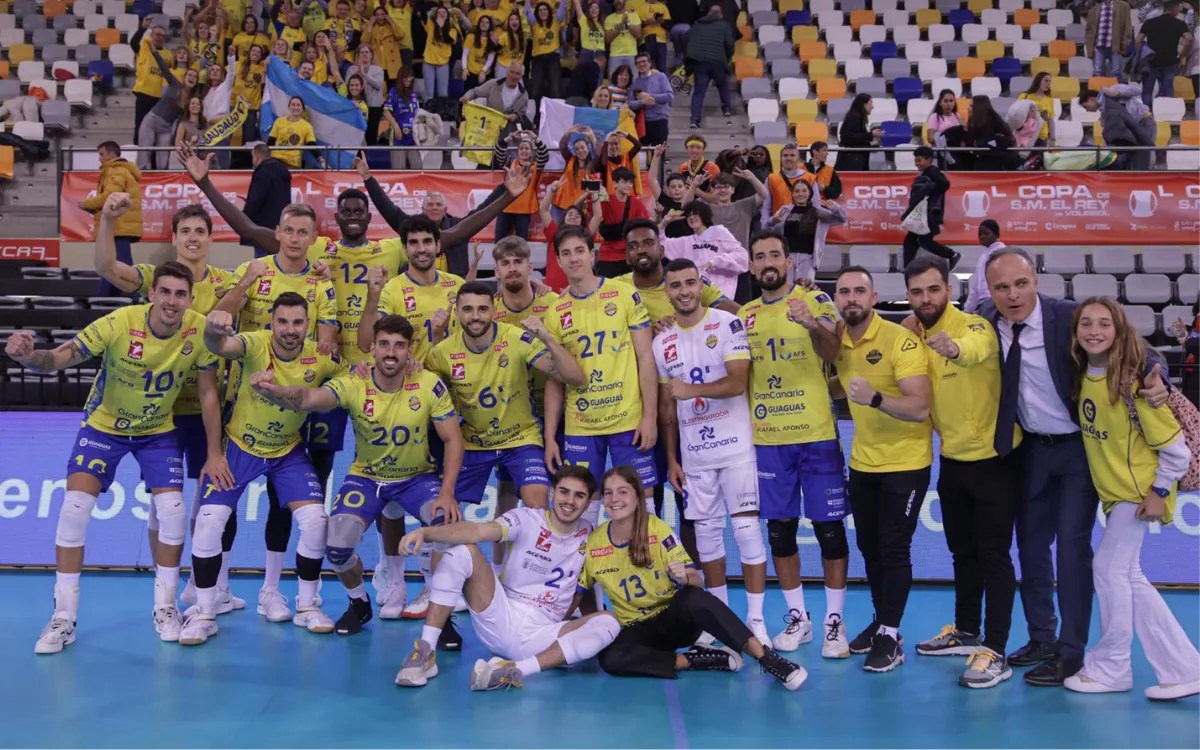
SANTA CRUZ DE TENERIFE, July 23 (EUROPA PRESS) –
Santa Cruz de Tenerife hosted the Update Seminar for Wine Tasting Professionals from the Canary Islands on July 21 and 22, a training program promoted by the Chair of Agrotourism and Wine Tourism of the Canary Islands of the Canarian Institute of Agri-Food Quality (ICCA) and the University of La Laguna (ULL).
In it, thirty professionals from the wine and restaurant sector delved into the methodological aspects of sensory analysis of wines and acquired strategies to properly assess the most important aspects of wines when they are presented at competitions.
The deputy director of the Institutional Chair of the ULL, Gabriel Santos García, welcomed the enrollees and thanked them for having their presence in the facilitation, since having enrolled represents the commitment and the desire to acquire new knowledge, based on the evolutions that the sector presents.
Jesús de las Heras Roger, chemical engineer, member of the Chair of Agrotourism and Wine Tourism of the Canary Islands and researcher in the Laboratory Unit of the Canarian Institute of Agrarian Research (ICIA) was in charge of giving the Seminar. The doctor from the University of La Laguna started the first session by explaining why one of the main characteristics of the tasters should be constant recycling: “The evolution of the sector, changes in consumer preferences, tasting techniques, regulations and the variety of wines are just some of the elements that every professional in the sensory analysis of wine must be up to date”, established de las Heras.
MEASURE SPECIFIC WINE ATTRIBUTES
Professionals use their senses in order to detect and measure specific attributes of wine such as its flavor, aroma, and texture or appearance. Therefore, the continuous updating of tasters is essential not only to offer a quality service, stay competitive, guarantee excellence in the world of tasting, but also for the appreciation of wine. Above all, in the Archipelago, where the wine diversity stands out and offers its own unique value.
Throughout the Seminar, specialists in the area had the opportunity to learn about both the characterization of positive and negative attributes of the wine before a qualifying tasting. Likewise, Jesús de las Heras explained the fundamentals and factors to be taken into account before a contest tasting and a qualifying one. That is to say, he deepened and established the differences between one and the other with practical examples such as the different sheets that could be found when carrying out the sensory analysis of the wines.
Likewise, the training included the pillars on which the wine diversity of the Canary Islands is based. Currently, its diversity has given rise to eleven Denominations of Origin, which, along with their sensory characteristics, based on the Specifications, were described throughout the training.
EVALUATION AND CERTIFICATION
To culminate the Update Seminar for Wine Tasting Professionals from the Canary Islands, the tasters underwent an evaluation, both theoretical and practical, to obtain the diploma that accredits successful completion of the training.
In addition, the specialists will become part of an extensive Network of Professional Tasters who will be disclosed on the website of the Chair of Agrotourism and Wine Tourism of the Canary Islands for their ability to perform this task.
Gabriel Santos, on behalf of the Chair, thanked the Instituto Canario de Calidad Agroalimentaria for its involvement in helping to promote these initiatives in favor of the wine sector of the Canary Islands.
Santos insisted that one of the pillars of the Chair is to contribute to the responsible, sustainable and accessible development of agricultural activities. Therefore, through this training the entity meets one of its objectives.
















